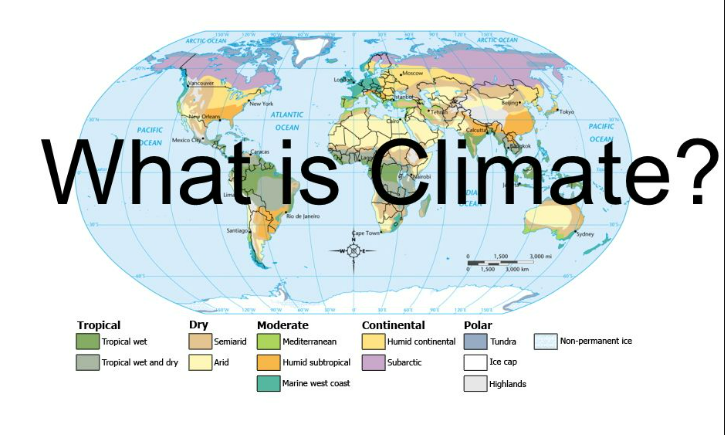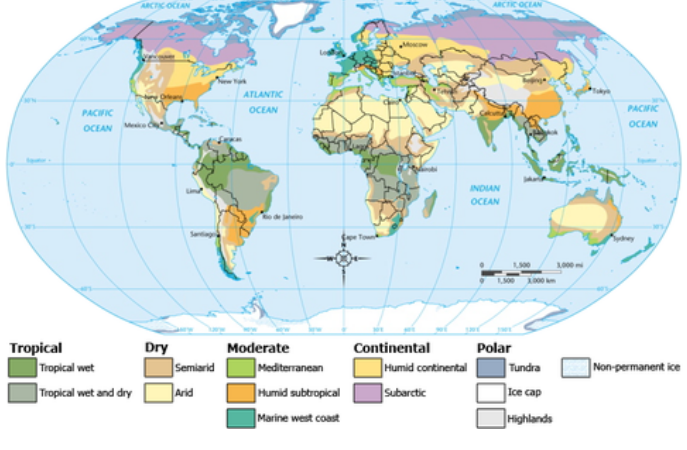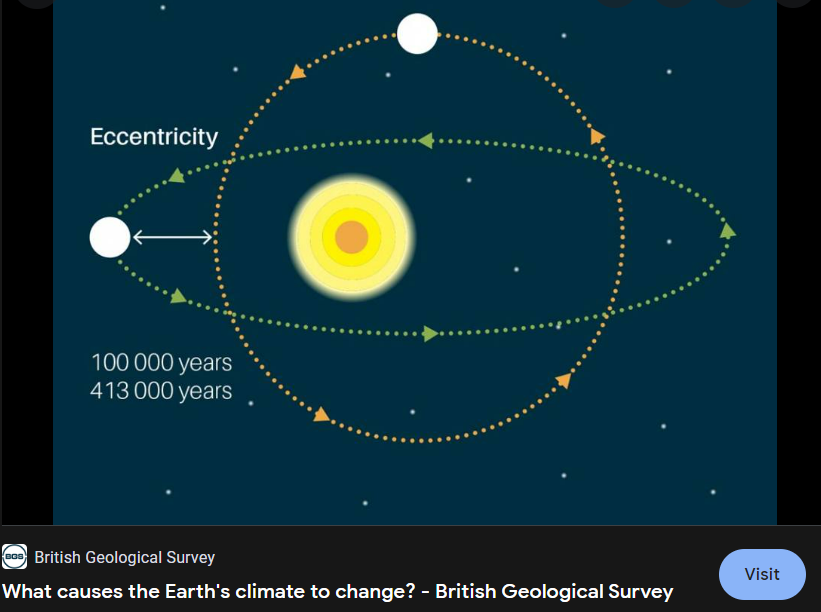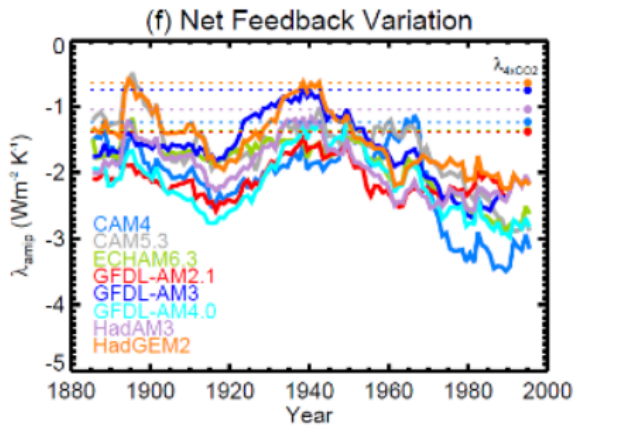

As every last Friday of the month, we had a meeting on the 24th of June. Because of holidays, Javea Social Centre was closed, therefore as an exception, the Discussion Group met at the Parador Hotel. It was a round-table discussion without a specific person to lead it but with the group leaders as moderators
Any discussion becomes more interesting (and informative) when presented with different points of view, preferably based on research.
Since the beginning of our discussion, it became clear that “climate change” – words we read and hear so often is just one of the terms in complex and complicated climate science. The subject of climate can be understood better by learning some basic terminology, like radioactive forcing, earth energy balances and imbalances, principles and main assumptions of climate models, emissions equilibrium, and the Sun and Earth orbital mechanics which affect the temperature on the Earth,
For example, when Earth is close to the Sun, temperatures are rising, and when Earth’s orbit is more distant from the Sun, temperatures are decreasing.

One more criteria is Climate Sensitivity. It is a very important term used by IPCC (Intergovernmental Panel on Climate Change) scientists to express the relationship between human-caused carbon dioxide (CO2) emissions and other greenhouse gases, and how these will affect temperature changes on Earth.
The best datasets available for constraining Earth’s climate sensitivity are the historical records of temperature and TOA (Top Of Atmosphere) radiative fluxes. Intuitively, it seems like it would allow using these to say something about Earth’s climate sensitivity, but this turns out to be pretty subtle, say scientists.

The main assumption based on different research is that human activity increases CO2 which with water vapor is one of the main components of the greenhouse blanket which is trapping heat and causing a rise in temperatures on the Earth. But as with every science, climate science is evolving, developing, and discovering more and more factors, actors, and their effects.
During our research into the subject, it became clear that the views of scientific opponents about CO2 emissions being the main cause, do not deny that climate change or global warming is happening. They simply see different reasons and causes from the ones given by mainstream publications.

